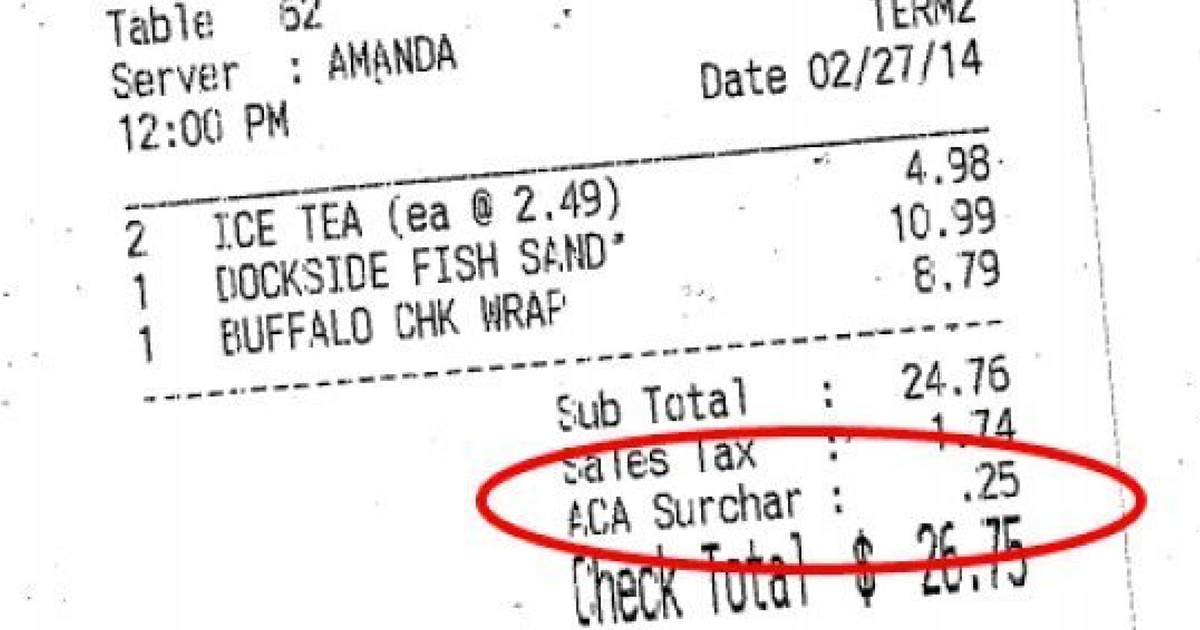It may seem strange that a man who paid $350,000 to hunt and kill a black rhinoceros has the support of some organizations like The International Union for Conservation of Nature. But Corey Knowlton and his supporters seem to feel that a good way to raise a substantial amount of funding for the conservation of a critically endangered species is to offer someone the chance to kill a member of that species.
Earlier this month, the Dallas Safari Club auctioned a permit to hunt a black rhino in Namibia. On its website, the club states that part of its mission is conservation, which it accomplishes by funding “numerous wildlife and habitat conservation programs and educational programs.” In fact, Mr. Knowlton, the winner of the auction, has said that he is a “passionate conservationist,” according to CNN.
But after news of the action went public, Knowlton, a Dallas-based consultant for The Hunting Consortium, began receiving criticism and even death threats over his purchase. Knowlton told CNN that he has received messages asking if it’s a thrill for him to kill an endangered animal, or if it makes him feel like “a bigger man.” He said “The thrill is knowing that we are preserving wildlife resources, not for the next generation, but for eons.”
His statement begs the question, if you are a passionate conservationist who gets a thrill out of preserving wildlife for eons, then why not just donate that money to conservation efforts? To be fair, it is outrageous that Knowlton and his children have received death threats as a result of the incident. Threatening the life of a human is certainly not a good way to encourage saving the life of an animal.
But why is it that the nation of Namibia feels the need to offer five permits a year in order to raise money for conservation of the black rhino? Could it be true that the only easy way to raise money to conserve a species is by letting some hunters get their fix? As an animal lover and passionate conservationist, the idea of killing an animal, much less a critically endangered one, seems unfathomable. If you have $350,000 to spend at an auction, why not donate it instead?
Reportedly, the animals whose lives are being offered up as a sacrifice to support the rest of their dwindling species are older, non-breeding males who have been deemed expendable. Due to the poaching epidemic that began during the 1970s, numbers of black rhino decreased by as much as 40 to 90 percent during the late 1970s and 80s. While there were an estimated 70,000 rhinos on the African continent in the late 1960s, today there are between 4,000 and 5,000 individuals.
Recently The Dodo conducted an interview with an ex-poacher from Kenya who admitted to killing about 70 elephants and served a 2-year prison sentence for his actions. The man, John Kaimoi, said he began poaching after he lost his livestock, which had been his only means of supporting his wife and 6 children. According to Kaimoi, he killed the animals because he felt he had no other means of survival. Even so, he said, every time he made a kill, an emotion swept over him:
At that time, I find myself feeling inhuman. It even surprised me sometime. When I arrived to find the animal lying down dead, there is a pain inside my heart. But that was my target. That’s what I was looking for. So I just continued my business.
But even when I interacted with people, I felt guilty. I had done something horrible. There was something bad inside me, but I resumed because I had no other means. That’s the only thing I could do.
It is difficult to reconcile being both a conservationist and deriving pleasure from killing an endangered animal whose death is not required for sustenance or survival, at least from a non-hunter’s perspective. But, while it’s disappointing that the money is not freely donated, are the deaths of 5 mature rhinos a year in Namibia justified by the thousands of dollars in donations toward conservation that they supposedly garner?
Let us know your thoughts on Twitter and Facebook.
Image of Corey Knowlton via The Independent
Alisha is a writer and researcher with Ring of Fire. You can follow her on Twitter @childoftheearth.


